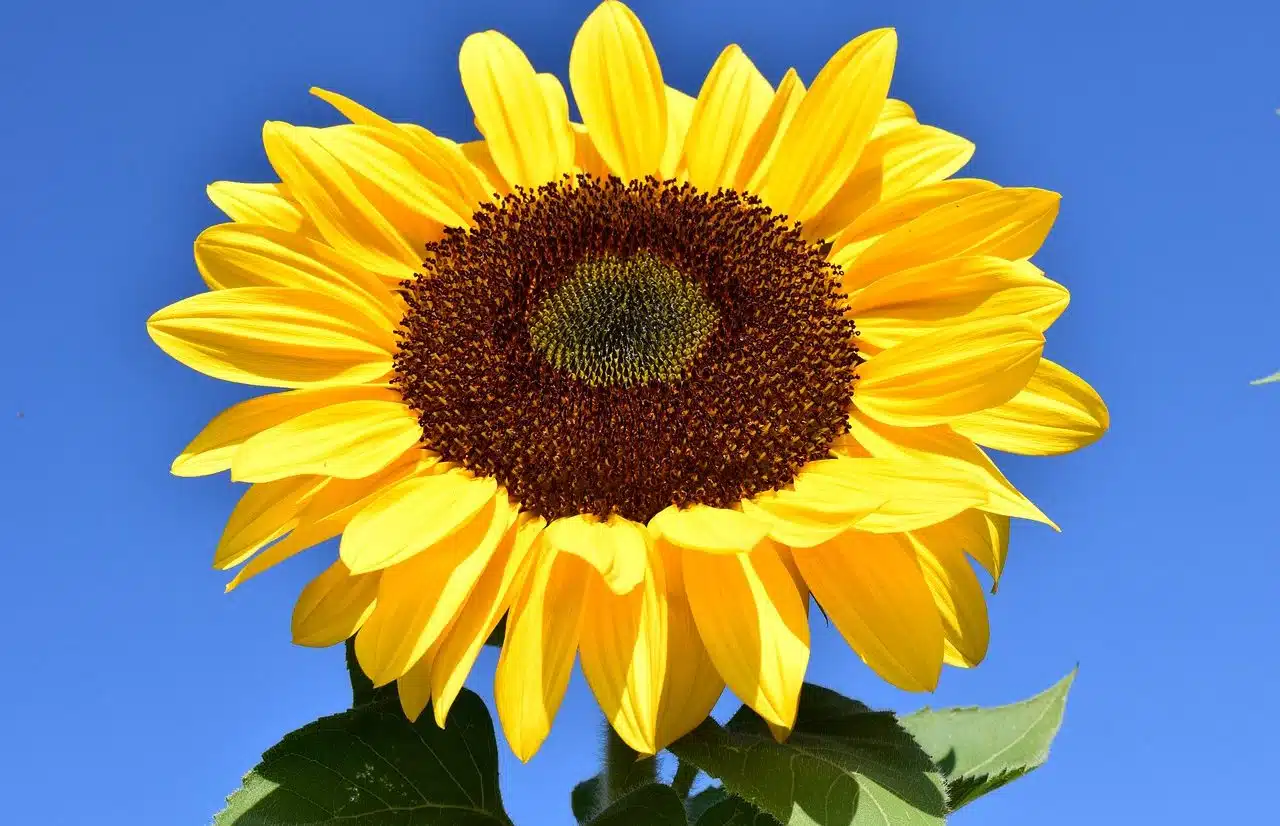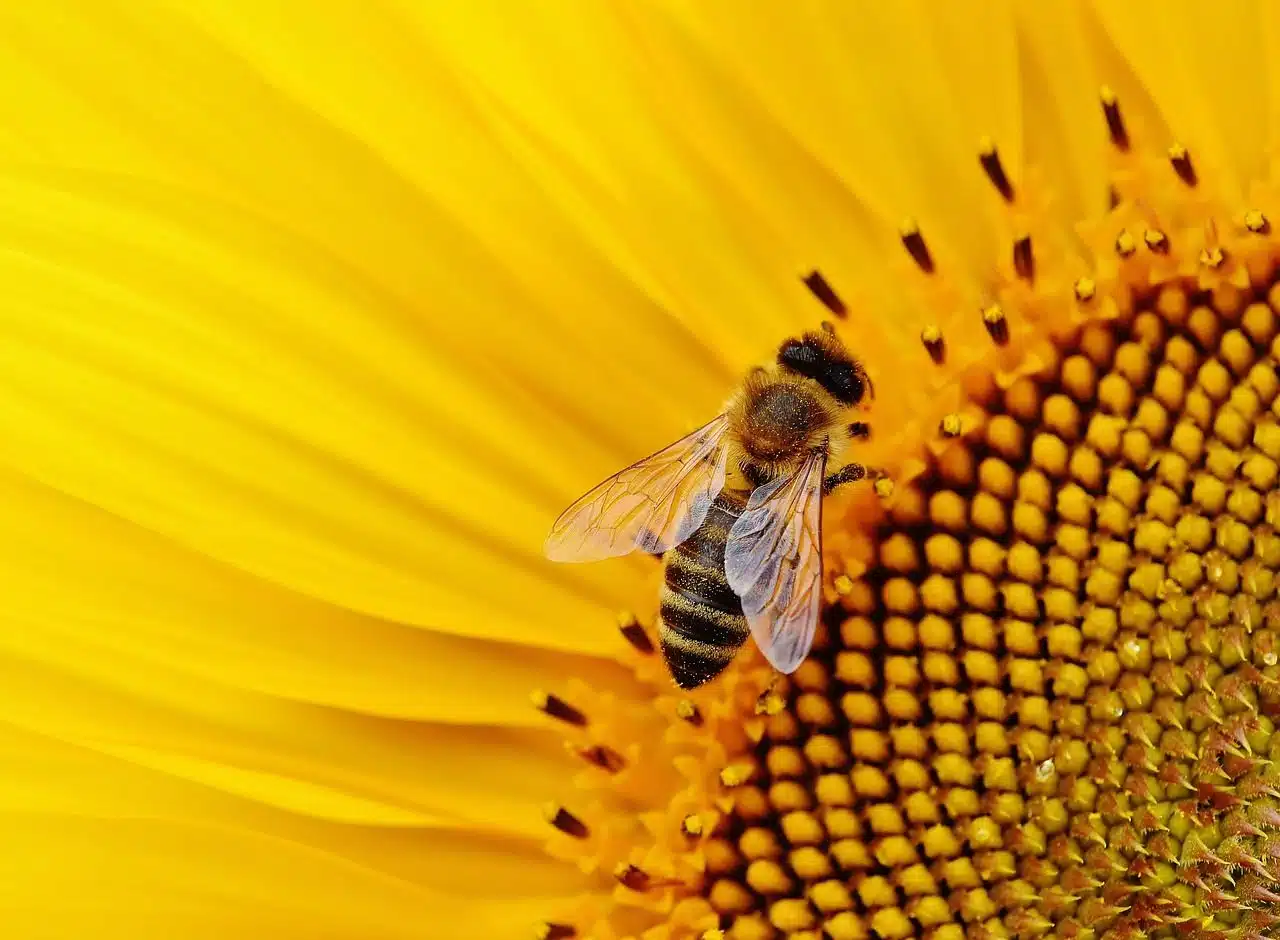
Pollen contains the gametophytes of a plant.
Pollen is a term that derives from pollen , a Latin word. The concept allows us to mention the grains that are found in the male organs of the flowers and that present the gametophytes of the plant .
Pollen is generally made up of a pair of cells covered by membranes. Regarding the structure of a pollen grain, we can say that it is made up of two fundamental parts: an external covering that is very hard and is called exine and another internal covering called intina . This is identified because it stores the cell, which is the one that contains both the male gametes and the nucleus.
The exine, for its part, is fundamentally formed by what is known as sporopollenin , which is identified as being very resistant to both different chemical agents and the decomposition produced by the passage of time.
The transfer of pollen
Through a process known as pollination , pollen passes from the stamens of the flowers to the stigma, where germination and fertilization of the ovules occurs, leading to the creation of fruits and seeds.
This pollination can be carried out by animals (such as insects or birds), by water or even by the wind , depending on the plant species. The vectors or animal agents that contribute to pollination are known as pollinators .
Bees are some of the animals that feed on pollen. These insects subject the pollen to a transformation through the addition of enzymes, which allow it to be digested.

Bees feed on pollen.
Consumption by humans
Pollen as human food is often a source of controversy. As it is made up of vitamins, carbohydrates, proteins and other nutrients, it is often noted as a very healthy food. Various scientists, however, claim that the beneficial properties of pollen for people are not confirmed: on the contrary, pollen can even cause allergies .
Many people have a pollen allergy and, in order to cope with it in times of high risk such as spring, they must follow these recommendations given by doctors:
- When they go out they should wear sunglasses.
- When driving by car, it is important that you travel with the windows closed.
- No less vital is that, as far as possible, you avoid going outside at times when pollen is highest. That would be the case of a period of time between 5 and 10 a.m. and between 7 p.m. and 10 p.m.
- On windy days you should stay indoors.
- If necessary, they should take antihistamines.
- Pollen filters must be installed in air conditioning units, whether at home or in the car.
If pollen is not stored properly, it is also possible that it becomes contaminated and becomes dangerous to the health of those who consume it. In any case, pollen continues to be chosen by many people who want to incorporate nutrients into their diet .
